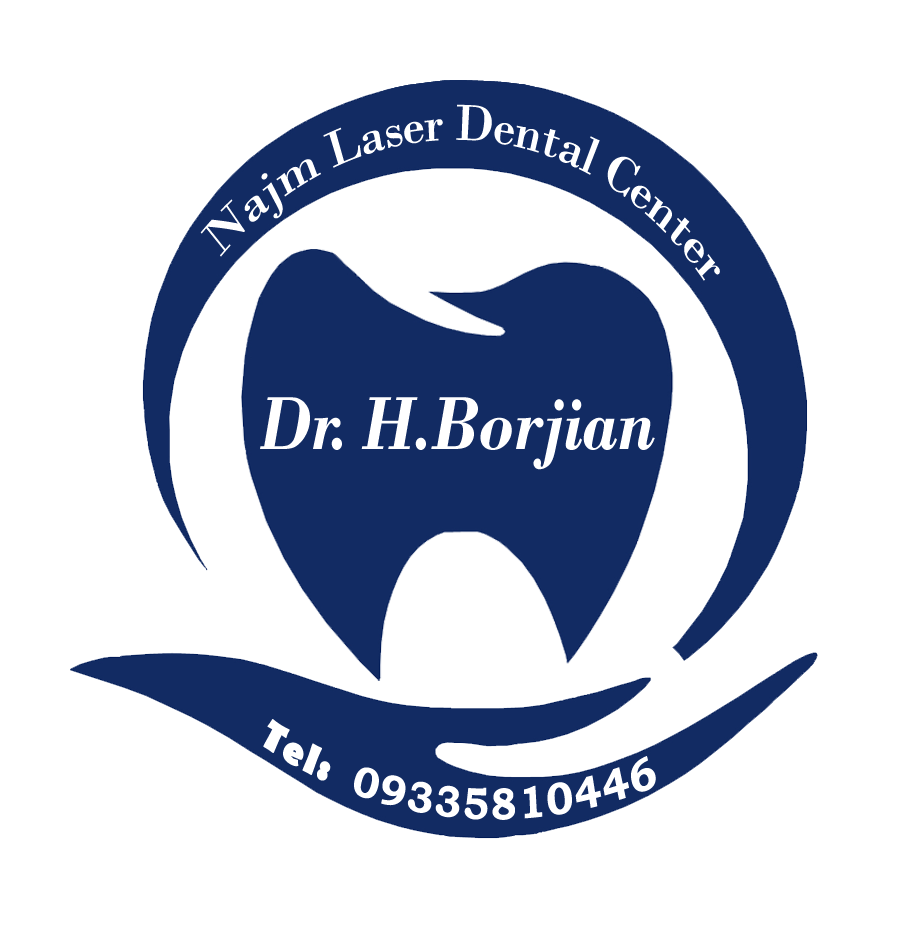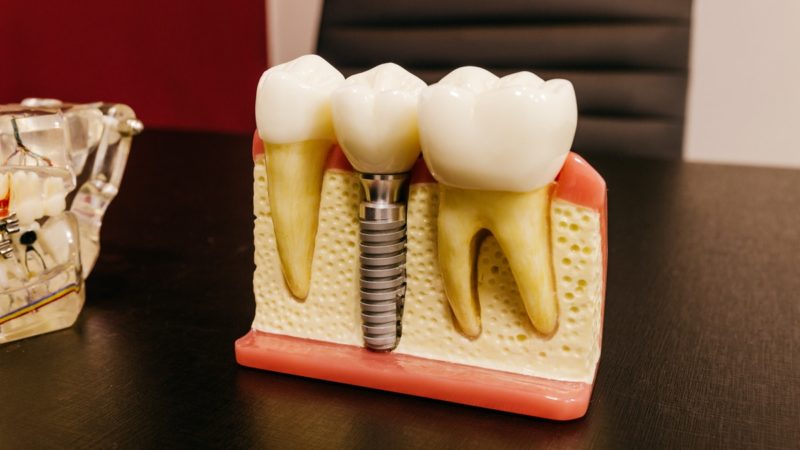Diseases limiting dental implant placement
In this article from Dr. Hossein Borjian's website The best gum surgeon in Isfahan We will examine the limiting diseases of dental implant implantation.
diabetes:
Cushion implant does not create any obstacle for diabetic patients, but if you have diabetes, you should know that the probability of treatment failure is higher than others.. If your diabetes is not under control, you should not do this surgery, but your disease should reach a level of control that is favorable for surgery.
pregnancy:
Experts encourage pregnant women to seek good oral health care, including professional cleanings and scaling and regular checkups.. But in the case of elective treatments such as implants, it is recommended to do this after the first trimester.
However, most surgeons prefer to ask the patient to wait until her pregnancy is over and then proceed with this treatment. Research shows that the use of local anesthesia during pregnancy has no harm, but the anesthesia for implant placement It needs to be stronger and may be harmful to the mother or fetus. You should also consider the need for X-ray radiography, which should not be done in the first trimester of pregnancy.. Therefore, if you can, it is better to wait until after delivery.
Heart disease:
Implant surgery may conflict with medications prescribed for some heart patients. But you should know that cardiovascular disease does not prevent dental implants. A more minimally invasive approach to implant placement in cardiac patients is recommended, allowing the patient to be treated without long-term discontinuation of anticoagulants. (Blood thinners that some heart patients must take) Leave this oral surgery behind.
Two cases have been reported in the Journal of Oral Implantology in which surgery is performed without the need to cut the gums. This method is called flapless. In this technique, instead of cutting the gum and accessing the bone, the gum is pierced and the implant is inserted directly into the bone through the soft tissue.. In this research, the potential of this modified method to reduce bleeding and duration of surgery, postoperative pain and soft tissue inflammation was investigated and the results were successful..

Chemotherapy:
Chemotherapy affects bone density. Chemotherapy may cause osteoporosis, in which minerals are removed from the bones and bone density decreases. Patients receiving intravenous bisphosphonate chemotherapy are at greater risk of osteoporosis of the jaw..
Bone density plays an important role in implant placement. If the bone is not strong, it cannot hold the implant and fuse. Chemotherapy affects bone structure and often causes the bones to weaken. It is possible that the jaw bone will grow and regenerate itself after the end of chemotherapy, but it may still lack density and not be able to hold the implant..
On the other hand, chemotherapy also affects the immune system. In cancer treatments, the immune system weakens and the possibility of infection increases. This means that if you get the implant right after chemotherapy, your body may not be able to fight off the infection and the treatment may fail..
Since everyone's body reacts differently to chemotherapy, it is very important to consult with your doctor and implant dentist before implant placement to determine whether or not you can survive this treatment..
The Instagram page of Dr. Hossein Borjian, the best gum surgeon in Isfahan
Radiation therapy for cancer:
Radiotherapy (Radiotherapy) which is done for the treatment of cancer, greatly increases the probability of failure of the implant treatment. Advanced technology and modern medicine have helped us to focus radiation therapy in a small area so that less healthy tissue is damaged.. So if your radiation therapy is done far away from the mouth area, you probably can Dental implant let the.
However, for those who are undergoing radiation therapy in the head or neck area, the possibility of damaging the jaw is very high, so that the probability of failure of the implant treatment is two to three times that of others.. The intensity of radiation is also very important in determining the probability of implant failure. The farther the radiation treatment area is from the mouth, the less impact it has on the success of the implant.
Those who have had radiation therapy a long time ago can now undergo implant surgery, but this is not always the case.. For this reason, you should definitely talk to your dentist and radiation therapy doctor about this and ask for their opinion.
Attention :
- The scientific accuracy of the above published material should be confirmed by the patient's personal consultation with Dr. Borjian.
- This article is managed and published by the site admin.



